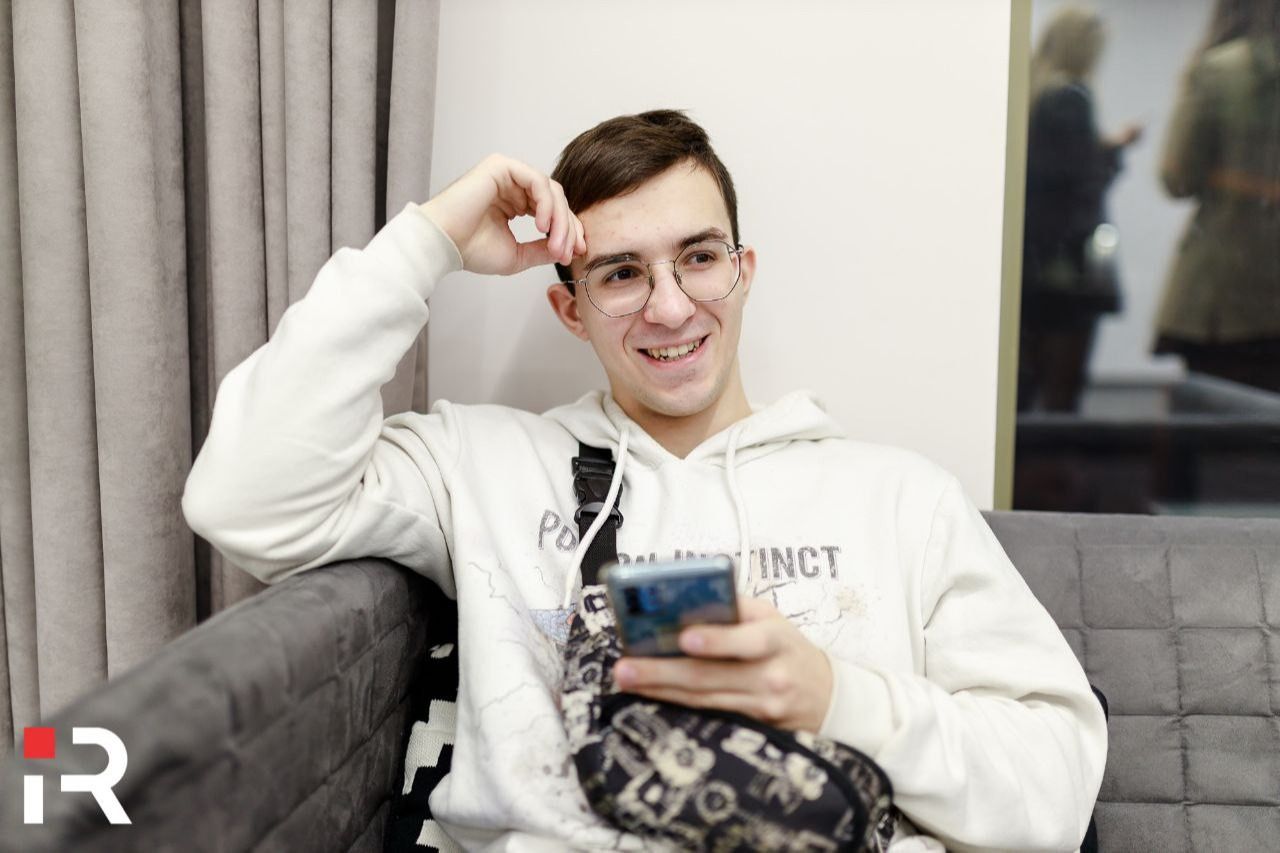817 reads
How Russia is Creating a New "Great Patriotic War (WWII)" With Ukraine
by
September 29th, 2022
Audio Presented by

I`m a content marketer from Ukraine, specializing in blogs. I work in IT, crypto, and marketing niches. You can DM me.
About Author
I`m a content marketer from Ukraine, specializing in blogs. I work in IT, crypto, and marketing niches. You can DM me.
